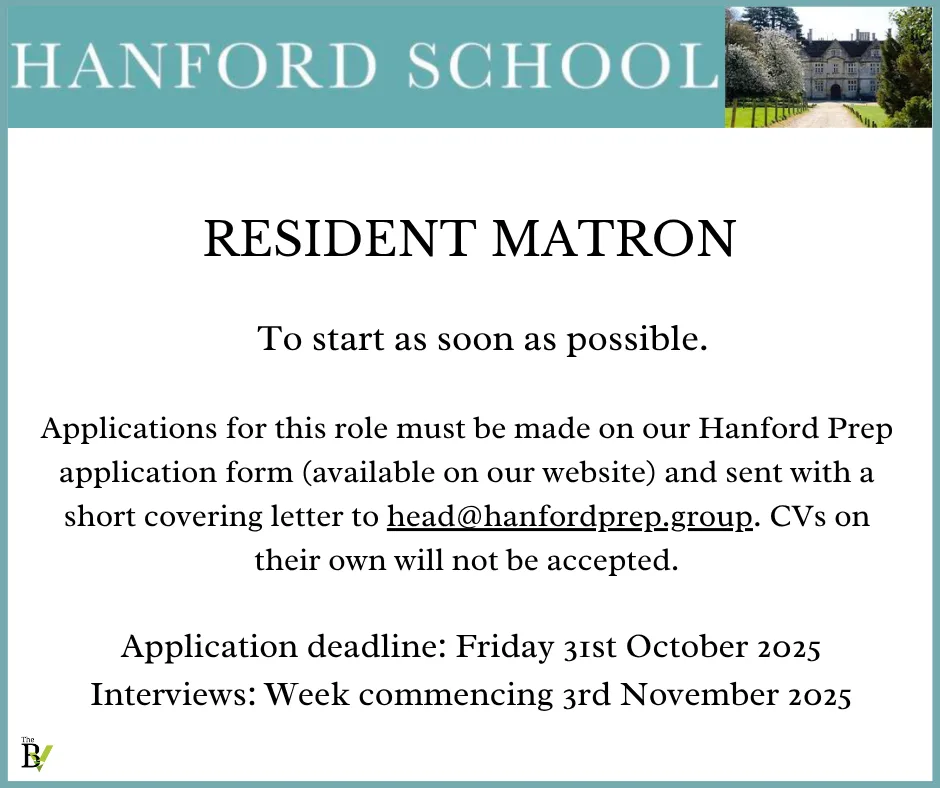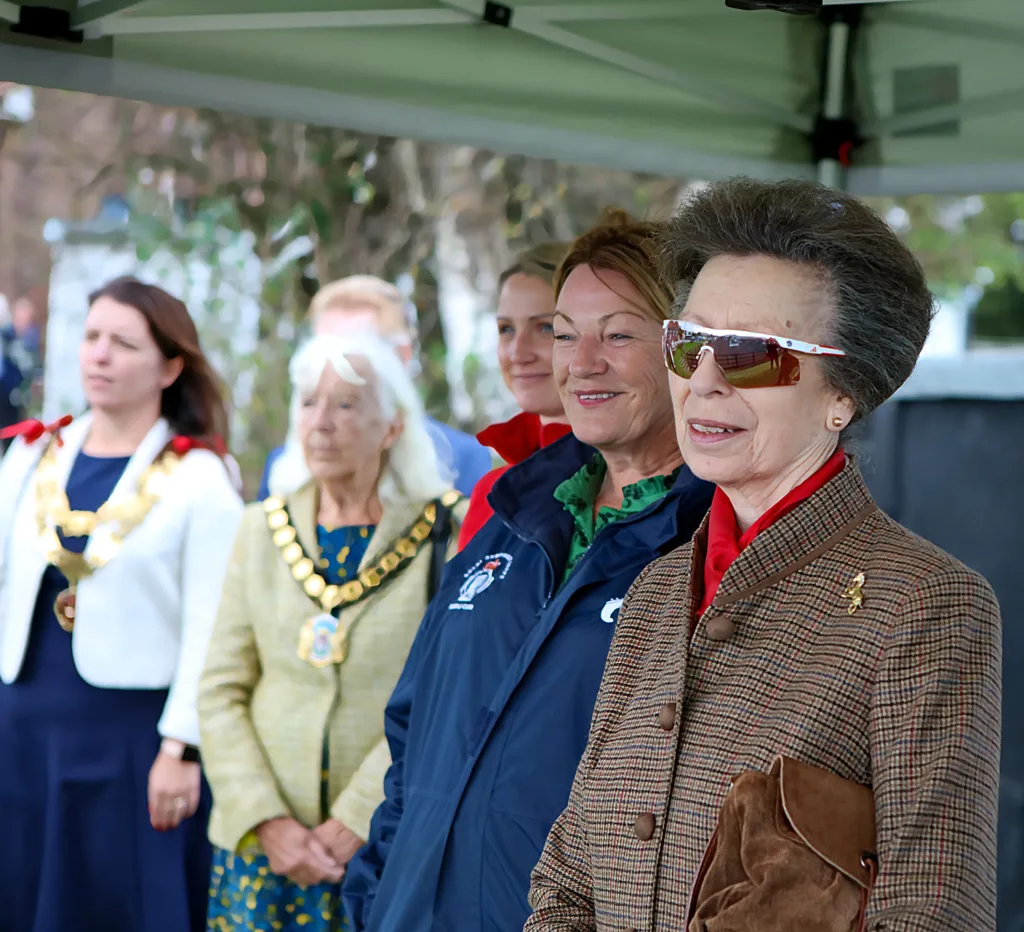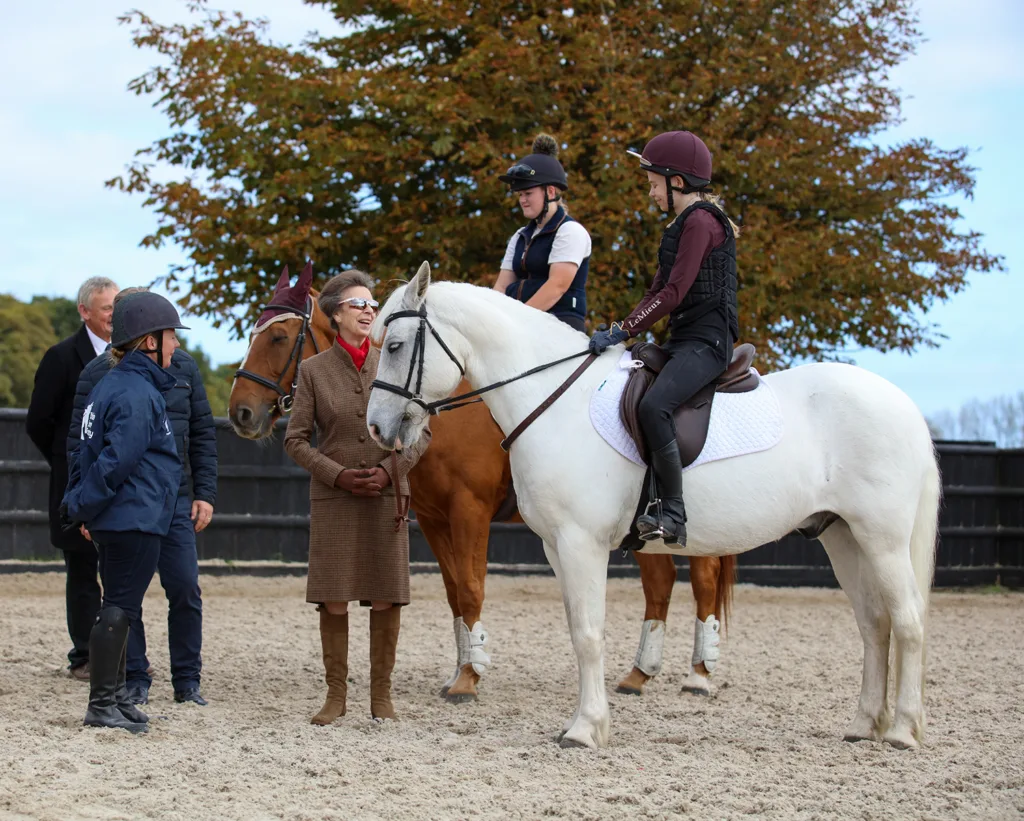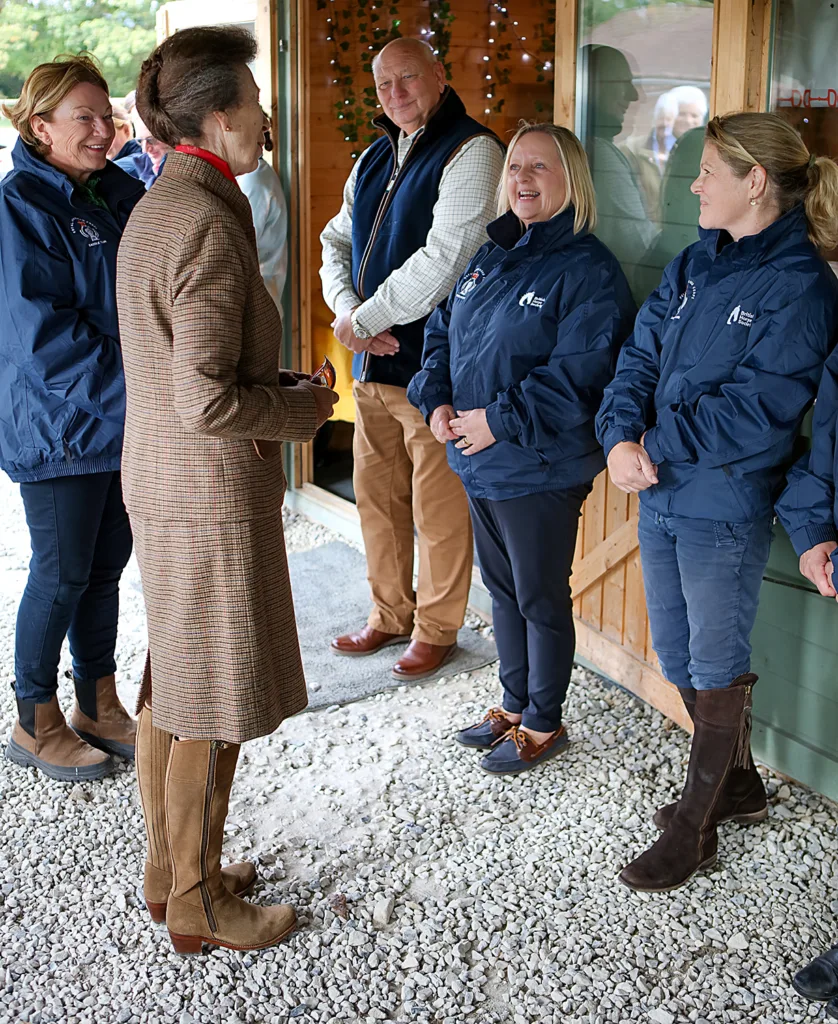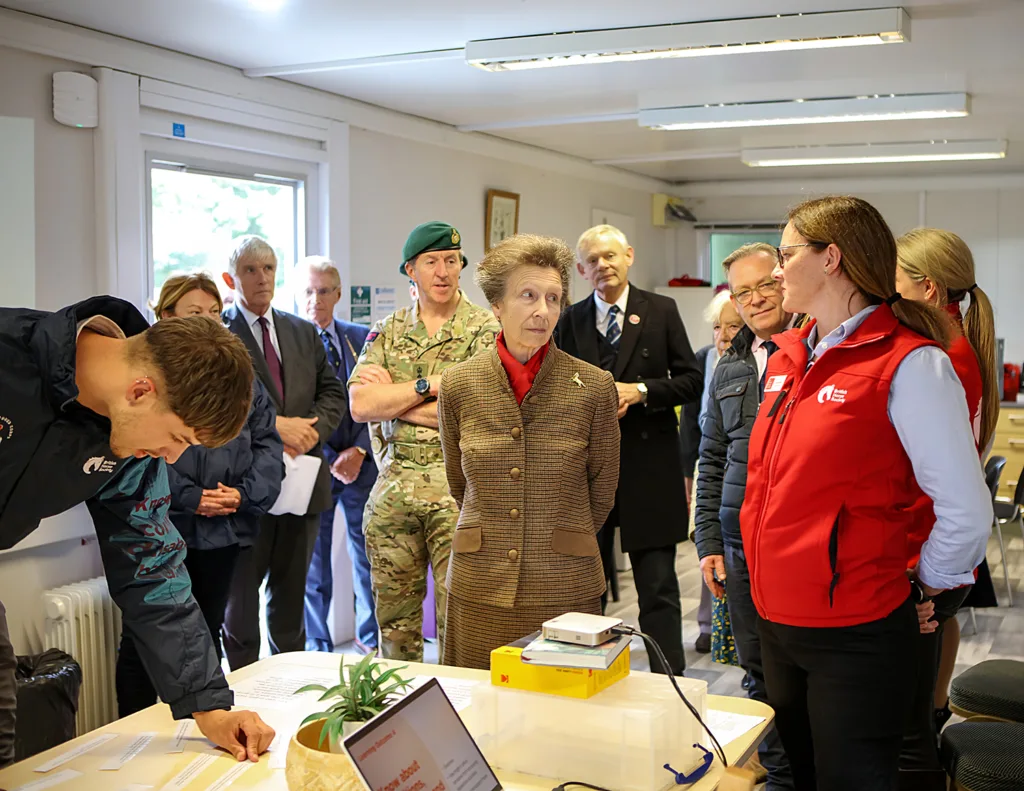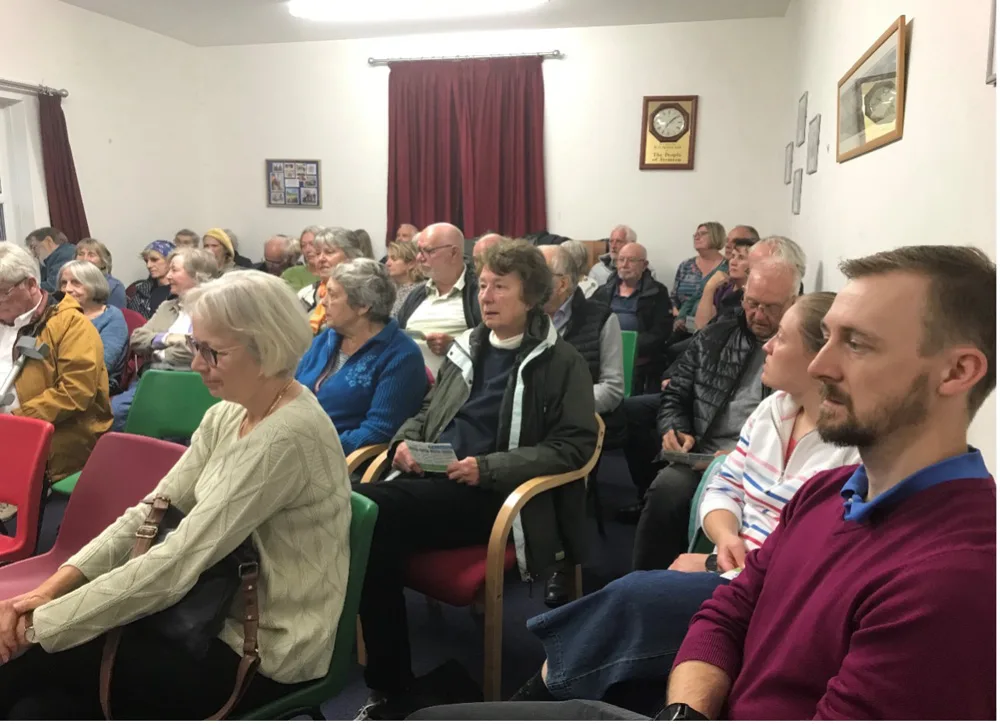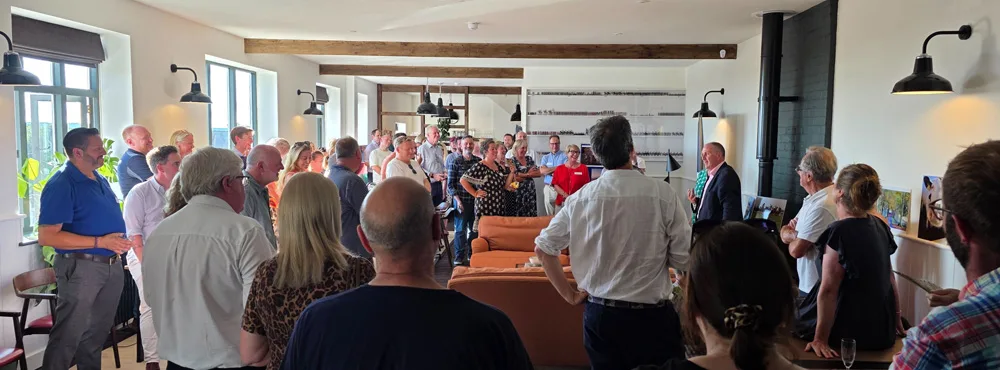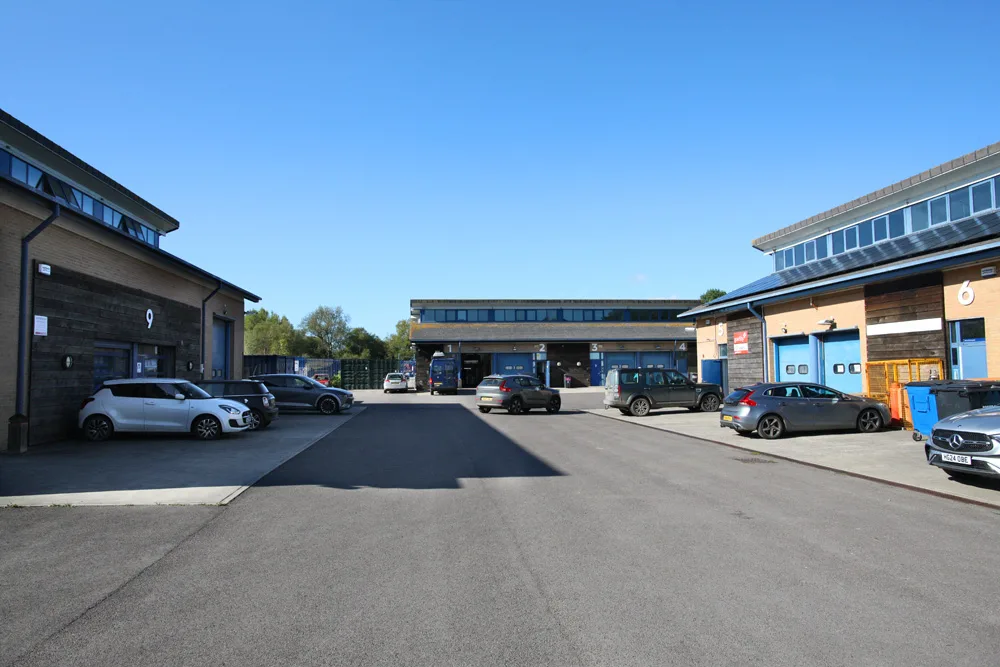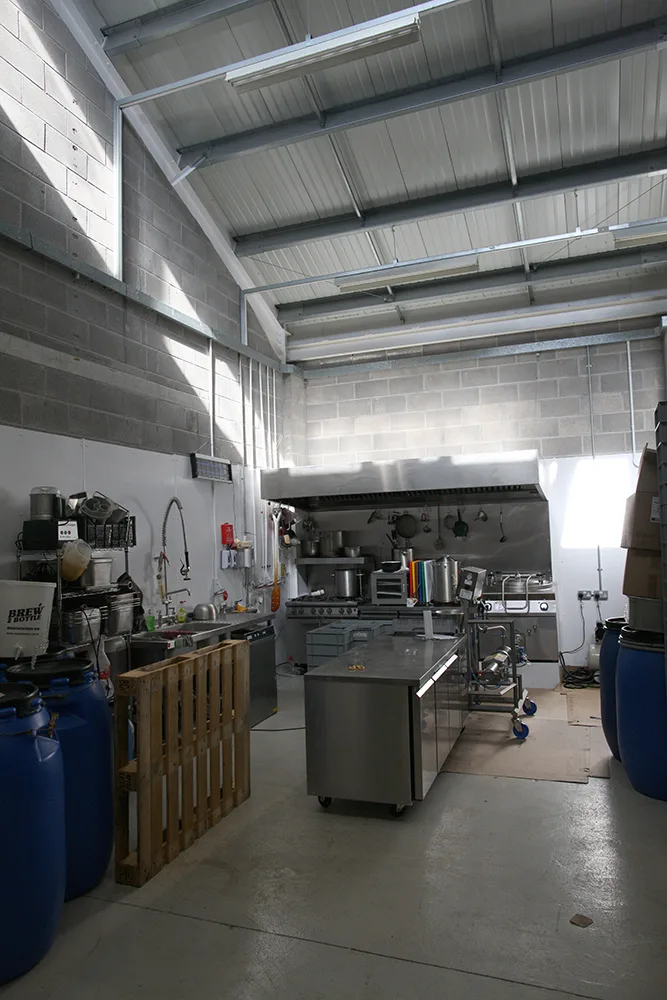Free school meals made from local Dorset produce could provide healthier options, reduce food miles and support farmers, suggests Andrew Livingston

Image: George Hosford
In an age when supermarket supply chains stretch across continents, it’s easy to forget that some of the best food in the world is grown right here on our doorstep. And nowhere is that truer than in Dorset, a county blessed with a combination of rolling farmland, fresh coastal air and a proud farming tradition. With such abundant local produce, why are we not using it to address two pressing issues at once?
If the Government is serious about supporting both children and farmers, then the solution is staring us in the face: free school meals, made with local produce.
The free school meals programme has deep roots in Britain. It began in 1906 and the idea was simple, but radical: a hungry child cannot learn. More than a century later, that principle still holds.
Today, all children in Reception, Year 1 and Year 2 are entitled to free school meals, while older pupils qualify if their families are on certain benefits. But in 2025, with almost all families struggling through a cost-of-living crisis, the debate has reignited over whether free school meals should be universal.
What if the answer was in the fields beyond the school gates?
Every child deserves a healthy meal at school … and what if that meal could also support the local economy, reduce food miles and reconnect children with the land?
By sourcing from Dorset farms and food producers, schools could provide nutrition and education in one go. Imagine school dinners made with Dorset potatoes, seasonal vegetables, milk from our dairies and fresh fruit grown in nearby orchards.
This is not some fanciful, romantic notion. It’s practical and achievable. Dorset already has a network of small family farms, many of which struggle to compete with the cut-throat pricing of supermarkets. By creating a stable, guaranteed market for their produce through school meal contracts, farmers would get a fair price and the money would keep circulating within our communities. Instead of funding imports of frozen chicken from thousands of miles away, why not invest in the hardworking families tending fields and herds just down the road?
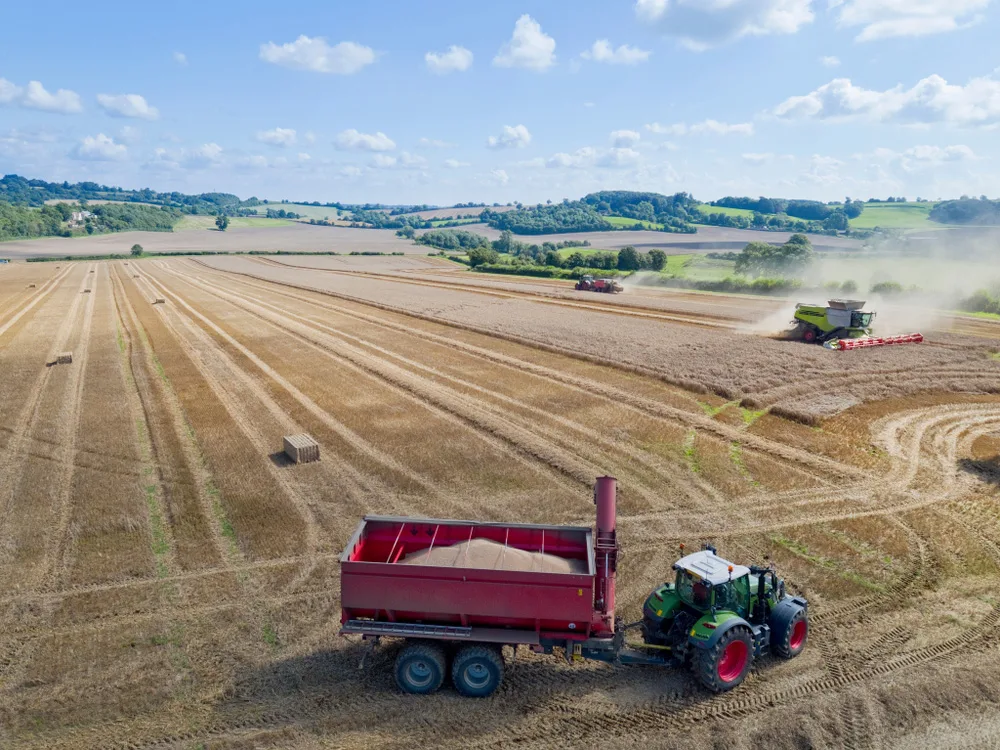
There are other benefits too. Food miles are a pressing concern in the era of climate change. The less we rely on produce flown or trucked in from elsewhere, the smaller our carbon footprint becomes. Dorset-grown carrots don’t rack up air miles. Milk from the Blackmore Vale doesn’t need shipping containers. Our countryside could feed our children in a way that is both environmentally responsible and community-driven.
And then there is the educational element. Too many children today are disconnected from how food is grown. Free school meals, proudly advertised as ‘from Dorset farms,’ could be reinforced with farm visits, school garden projects and lessons about seasonal eating.
I would also tell farmers: ‘If you want this contract , work for it.’ Simply providing the food isn’t enough – farmers have got to be the bridge for these children into the agricultural world … they must get into the classroom and make food fun.
Children could learn not just to eat, but to value food … and the people who produce it. This is about more than nutrition: it’s about fostering a culture of respect for farming and the environment.
Critics will argue this is costly, but what is the cost of not acting? Rising childhood obesity, rural poverty and climate pressures will be far more expensive in the long term. Redirecting public spending towards local food is an investment in health, resilience and sustainability. Dorset can lead the way here, showing the rest of the country how schools, farms and councils can work hand in hand.
We talk a lot about ‘levelling up’ in politics, but often forget that true levelling up starts with the basics – like ensuring every child has a hot, healthy meal.
If that meal comes from the fields of Dorset, so much the better. Feeding our children while supporting our farmers is not just good policy … it’s common sense.
Do you agree? Should Dorset pioneer farm-to-school meals?
Share your views – [email protected]


